A Guide to Offseason Training
There's a popular saying among triathletes at this time of year: Winter miles equal summer smiles. This is a nod to the power of the off season, which is typically the time between one race season ending and the next beginning. In the northern hemisphere, it is usually October/November through to March and is a time when there are few, if any, races on the calendar, which gives triathletes dedicated time to focus on training.
If approached correctly, the off season can be a time to progress across a number of areas. Laying the foundations at this time of year can lead to great performance gains later in the year. In the 14 years I've been racing triathlon, I have experienced all sorts of off seasons so I'm well versed to tell you what works and what doesn't! If you're wondering how to get the most from yourself this year, now is the time to begin the work. Here are my top 10 tips to get you where you want to be:
- Take a break: at the end of your race season, it is strongly advisable to take some time off from training. Most professional athletes will step back from structured training for anything from two to four weeks, but will still remain active for some of this time, doing other sports or pastimes. It's a perfect time to take a vacation and spend time with family and friends whom you might have neglected during the season! It's very important to do this and to purposely lose fitness, so you're able to build back up to an even greater fitness level in the coming months.

- Cross training: variety is the spice of life and while triathlon is obviously a multi-discipline sport, it helps to keep things diverse and varied in the off season and find other ways to keep the body moving and the blood pumping. This might be cross country skiing, snowshoeing, hiking or spin classes. Whatever it might be, you'll find it helps boost your cardiovascular system while keeping you mentally fresh.

- Technique: during the season when you're working hard to gain fitness and speed, it can be very tough to take time to slow down and really pay attention to technique. Many of us could make huge performance gains by improving efficiency, whether that's run form, swim stroke technique or bike pedaling or position. The off season is the perfect time to really dive into this and get to work on being a smarter, more efficient athlete. Invest in some swim stroke analysis, attend a run workshop or find a bike fitter/coach. Ask around for advice and recommendations as word of mouth goes a long way with this.

- Strength and conditioning: winter really is THE time to do the work in the gym. Although triathlon is an endurance sport, power, strength and speed are still integral to what we do and we need to have bodies that are strong and robust enough to withstand the miles we want to put through them. The best place to build this is in the gym and the best time of year is winter. I began a dedicated lifting program in winter 2015 and by spring 2016 I was deadlifting 1.5 times my bodyweight. This gave me such a strong platform from which to build fitness and I was moving with far greater efficiency in all three sports. It's also incredibly addictive, I love it!

- Bike and equipment: the off season is a great time to make changes to equipment and experiment with different options. If you've been considering upgrading or switching your bike, now is a good time to do that. It'll give you time to do your research, play with positioning and fit and really get comfortable and get plenty of miles in long before the race season starts. Do your homework, of course and seek tips and recommendations from experienced athletes who will no doubt talk to you about carbon fiber/bike porn all day long! And it's not just bikes; I have previously used the off season to test different wetsuits, wheels, helmets and run shoes to make comparisons and adjust accordingly. You have the luxury of time at this point in the year.

- Training intensity: there are some coaches out there who will advise that the off season is a time for low intensity, low heart rate training only, but in my experience it is advisable to still blend in some higher intensity work. Granted, you do not want your training at this time of year to be all race pace intervals and lung-busting, quad-burning intensity, but it is good to add one or two harder, faster sessions in per week. Only begin doing this after you've taken a good break (see point 1) and logged three to four weeks of aerobic endurance work. Once you feel you have rested yourself from the previous season, lost some fitness and resumed a month or so of steady training you should be good to go on peppering in some faster work.

- Keep it social and fun: triathlon is a very fun and social sport with a unique camaraderie. Be sure to enjoy all the opportunities that this sport brings! One way to do that is to make as much of your training as sociable as possible: join a team or group; work with a coach; get some friends together for a regular ride or run on the weekend. Whatever you do, enjoy it!

- Nutrition: we are what we eat and if we're putting garbage in, we'll typically get garbage out. While your diet doesn't need to be gold star clean and perfect, you will notice a significant difference in your training, recovery and performance if your nutrition and fueling is clean and smart (at least 80 per cent of the time, anyway!). Use the off season as a time to look at how and what you eat. Are you fueling workouts sufficiently? Is your diet high in nutrient dense foods that will help adaptation and recovery? Do you take on 10-20g of protein within 20 minutes post exercise? Could you improve your body composition? Take this time to review your diet and see if there are changes that could be made. I have found that taking one scoop of BASE Aminos first thing each morning really helps set me up for the day, regardless of what my training load looks like.
 
- Coaching: there are scores of triathlon coaches out there (some better than others, for sure!) and working with the right coach for you can really yield some terrific gains. Not only will they help oversee your weekly and annual training plans, but they can help improve your weaknesses and enable you to get more from your race day performances. As with bikes and equipment in point 5, do your homework, ask around for recommendations and interview all potential candidates. Personality, trust and experience are key things to look for.
 
- Goal setting and mental training: physical training is only one aspect of training and racing; the mental game is just as important. It is, however, very often overlooked. Use the off season to review the year before and set goals for the year ahead. What worked? What didn't? What do you want to achieve? How can your mental game be improved in day to day training? Are you mindful and present when you're working out or are you away with the fairies? Focus, goal setting and mindfulness are just as important to practice day to day as any of the physical training we might undertake.

Good luck and enjoy your winter miles, hoping they bring you summer smiles!
Emma-Kate Lidbury is a BASE sponsored pro triathlete and journalist who has six Ironman 70.3 titles to her name. You can find out more about her @ www.eklidbury.co.uk and follow her @eklidbury on Twitter + Instagram.






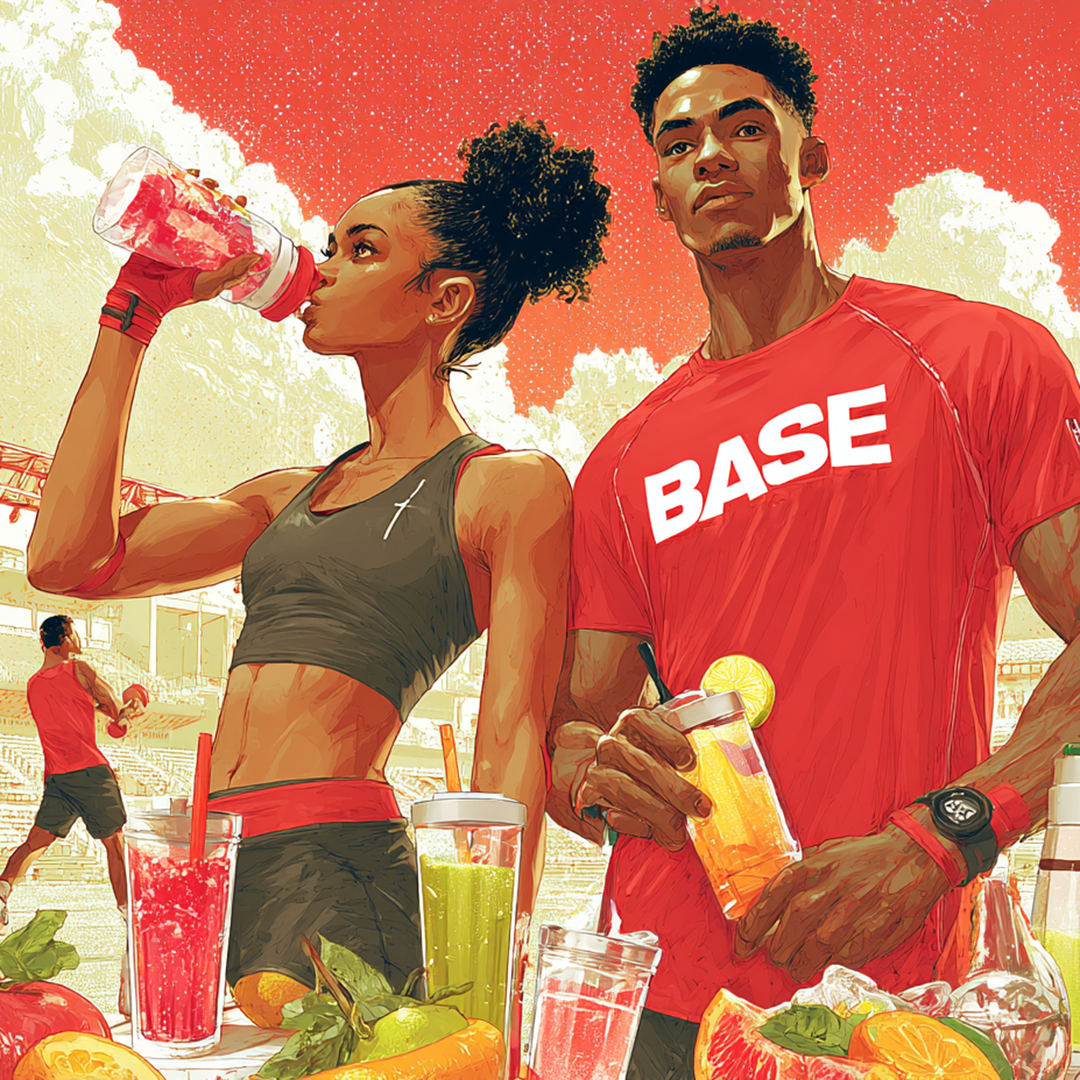
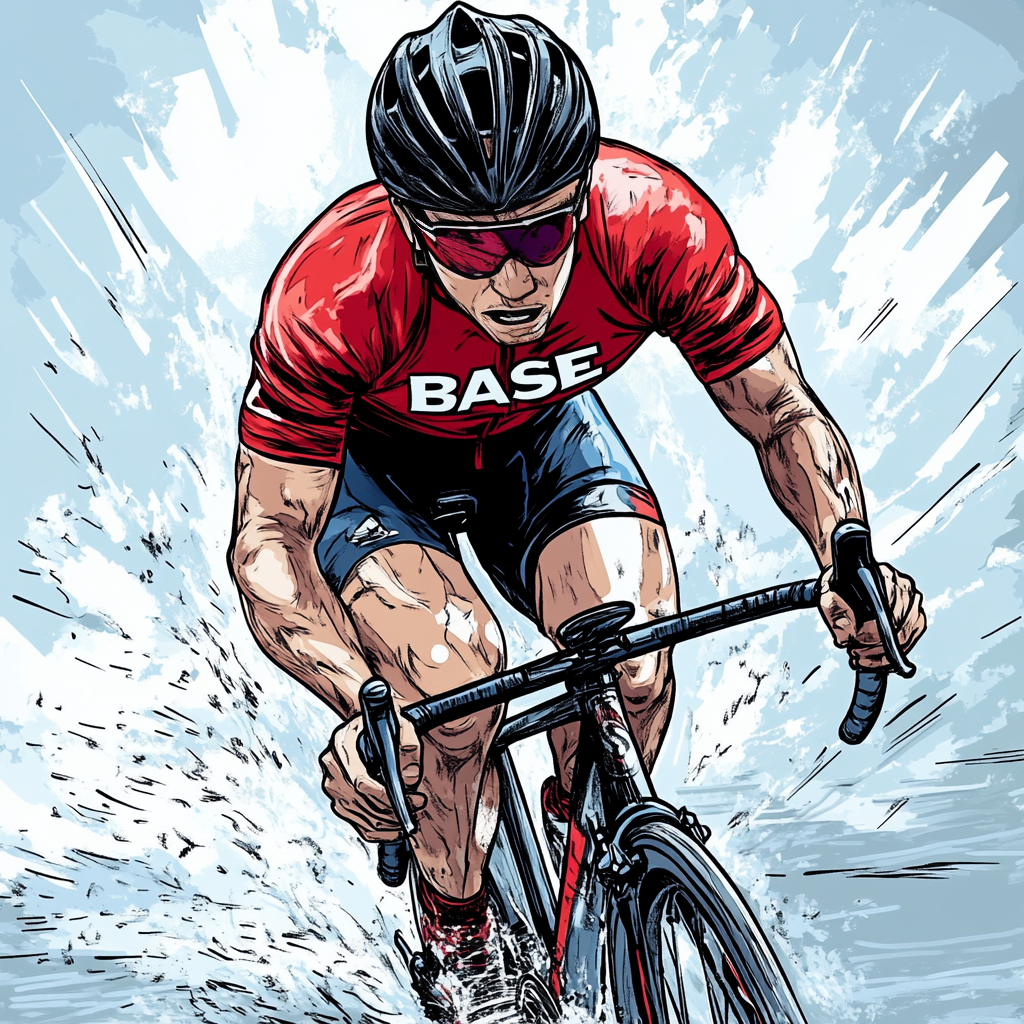

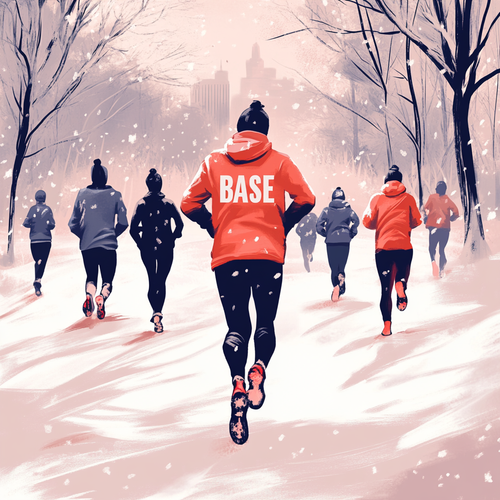
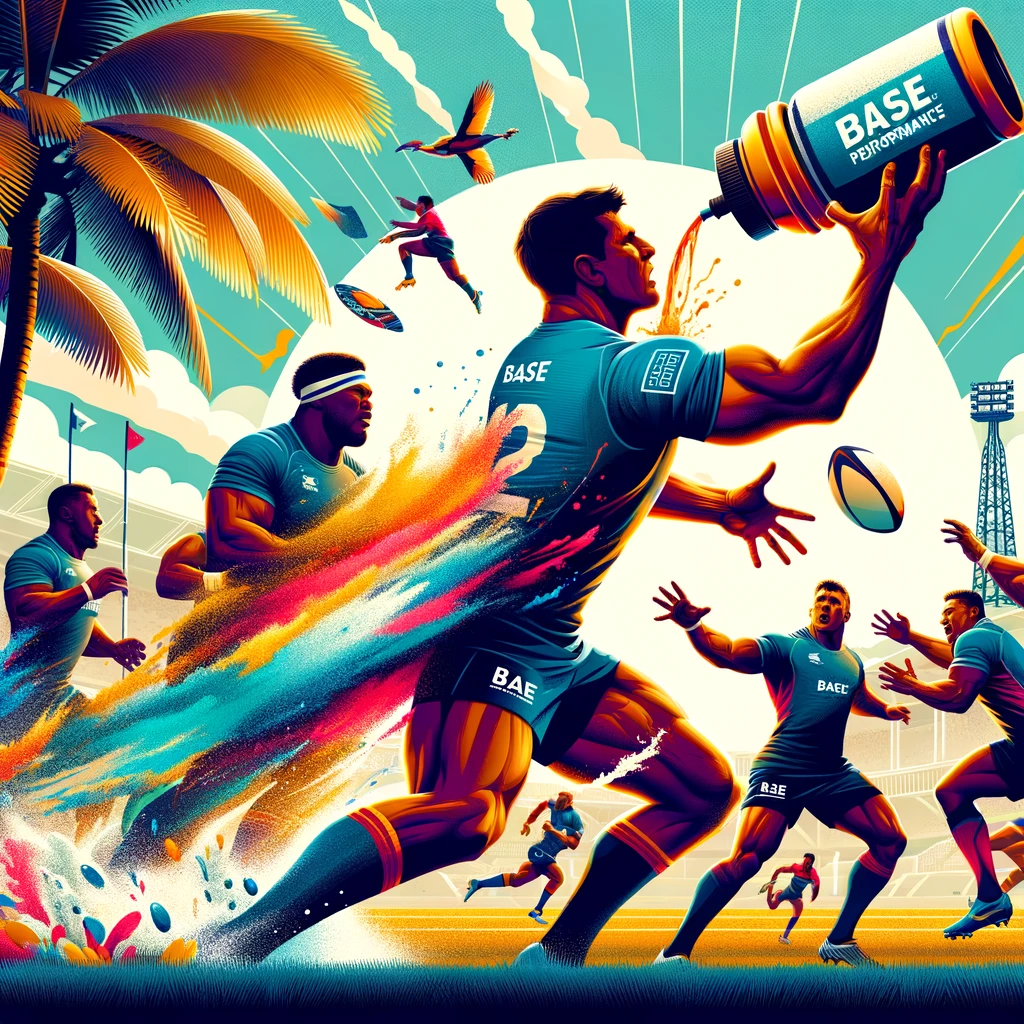

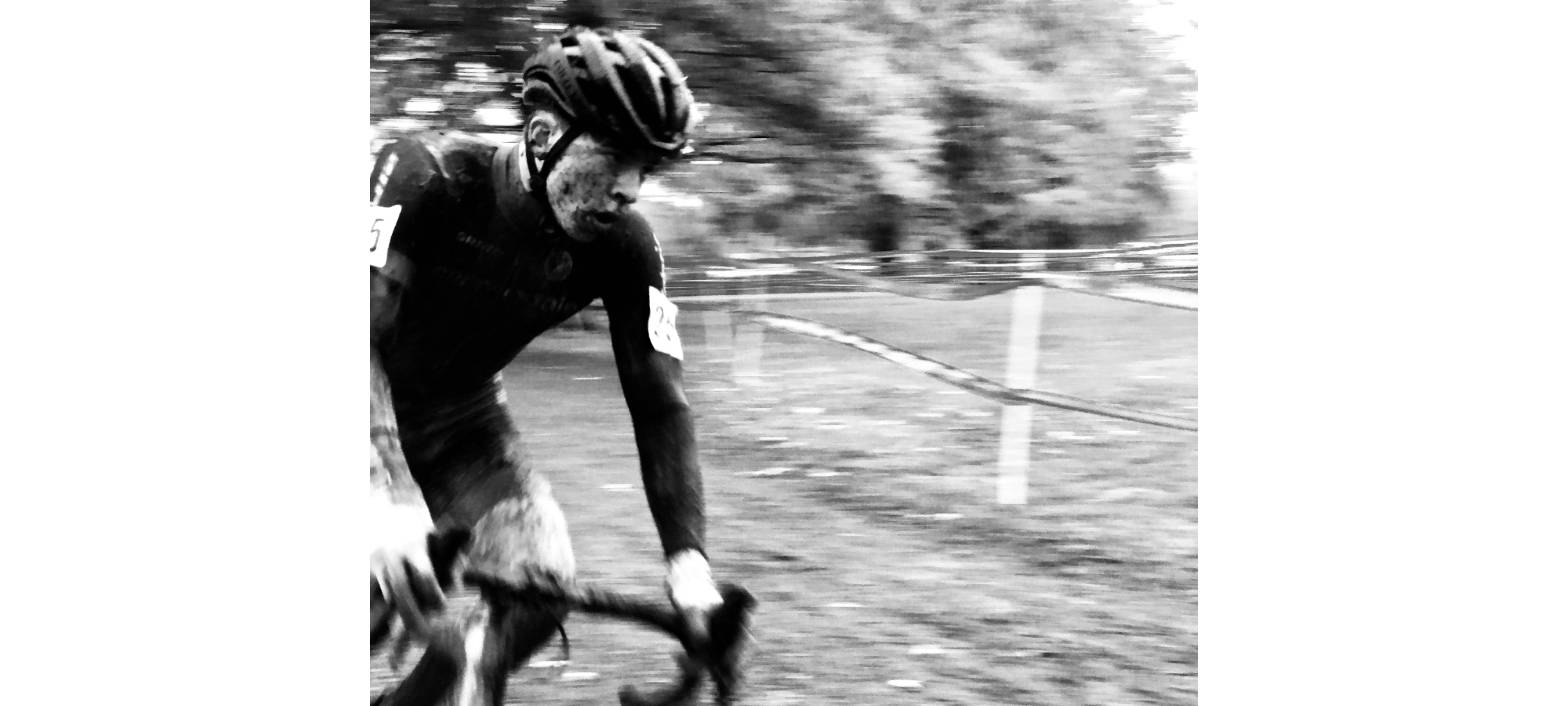
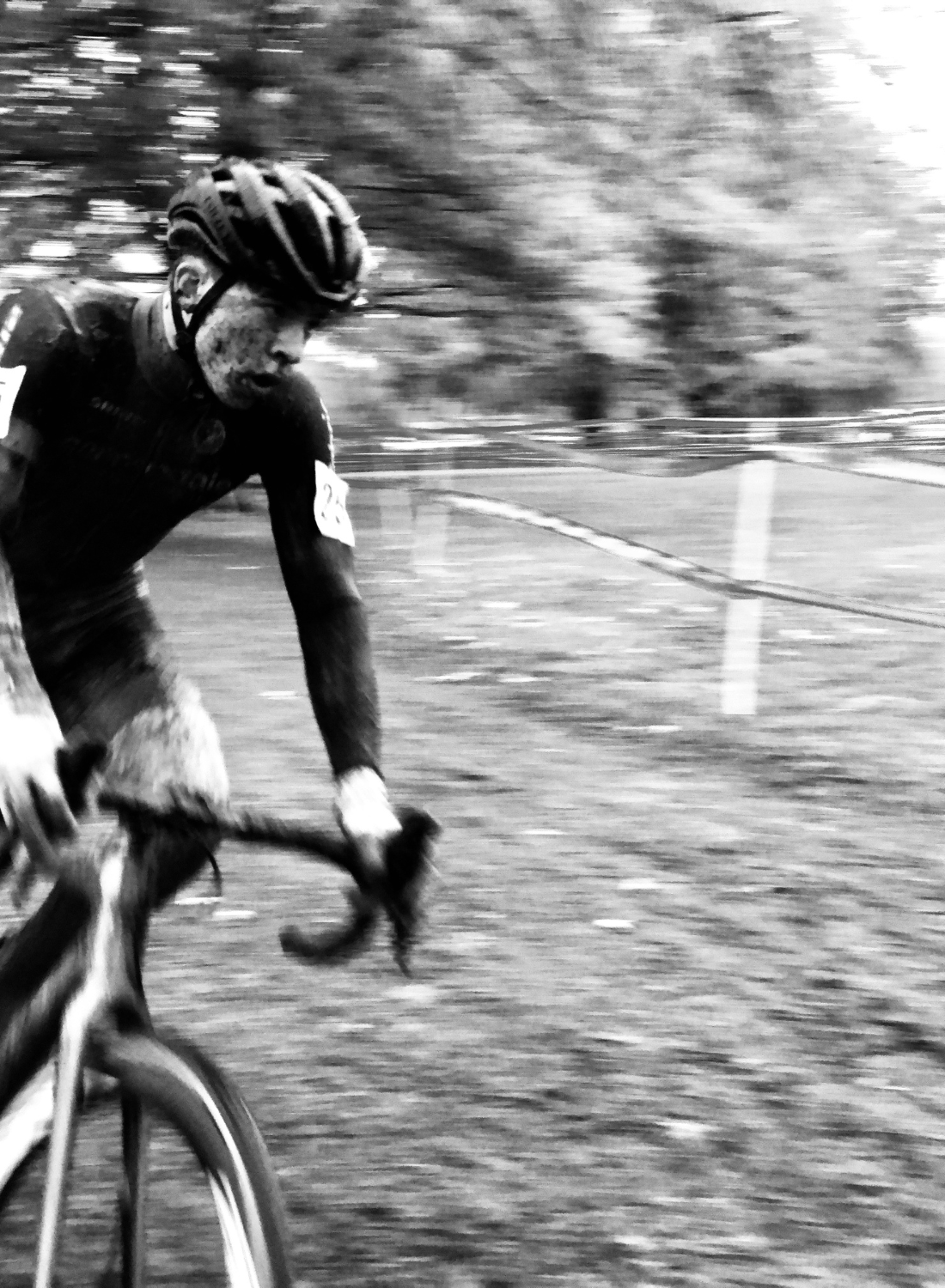











Leave a comment